On the morning of June 14, 2025, the National Assembly officially passed the Law amending and supplementing a number of articles of the Law on Technical Standards and Regulations with 432 votes in favor (over 90%). This high consensus demonstrates Vietnam's strong determination to perfect its legal institutions, meet development requirements in the new context, and realize the policy of promoting decentralization and delegation of power.
The law will officially take effect from January 1, 2026.
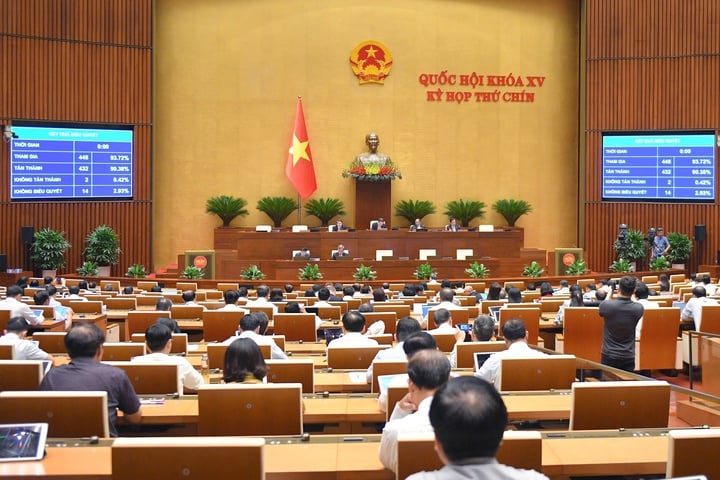
This revised law has updated and clarified the nature and role of standards and technical regulations. Accordingly, standards are voluntary tools, market-oriented, encouraging innovation and improving the quality of products and services. In contrast, technical regulations are mandatory management tools, aiming to ensure essential factors such as safety, public health, environmental protection and consumer rights.
The amended law also creates a transparent legal framework for conformity assessment activities, including testing, inspection, certification of conformity and declaration of conformity. This helps businesses and organizations easily apply and comply with regulations, while creating trust in the market.
For the first time, the National Standards Strategy has been legalized, affirming the key role of standards in promoting economic development, science and technology and improving national productivity. The standards system will be built in harmony with international standards, prioritizing high-tech fields, green industry, digital transformation, serving deep international integration. The Ministry of Science and Technology (MOST) is assigned to preside over the development and coordination of this strategy, coordinating synchronously from the central to local levels and the business community.
An important breakthrough of the amended Law is the strengthening of decentralization and strong delegation of power to localities. Specifically, the Ministry of Science and Technology has proposed transferring 78 tasks (16 decentralized tasks, 62 decentralized tasks) to the provincial People's Committees, with an implementation roadmap from 2025 to 2027. This allows localities to be more proactive in issues such as licensing telecommunications services, appraising IT projects, processing patent registrations, granting intellectual property certificates or licensing the use of radiation equipment.
This decentralization not only demonstrates trust in local management capacity but also realizes the idea of "locality does, locality decides and takes responsibility". It contributes to shortening administrative procedures, improving efficiency in serving people and businesses, while promoting local innovation, improving the business environment and enhancing national competitiveness.
The revised law also focuses on promoting digital transformation and modernizing standards and regulations management. The establishment of a national database on standards, measurement, and quality will create a nationwide integrated platform, connecting ministries, branches, and localities. All information on standards, regulations, certifications, conformity declarations, etc. will be transparent and easy to look up, helping businesses save time and costs.
This database is also an important foundation for monitoring and controlling product quality, supporting policy making and improving the effectiveness of state management.
In addition, the Law encourages the expansion of international cooperation on standards and conformity assessment, especially the signing of mutual recognition agreements (MRAs). This not only helps reduce the cost of repeated inspections but also facilitates the entry of Vietnamese goods into international markets, promotes exports and attracts foreign investment.
Conformity assessment organizations are also required to meet strict conditions regarding facilities, management systems and professional human resources that meet national or international standards. Information on the activities of these organizations will be made public and subject to periodic inspection and supervision by state agencies to ensure assessment quality, prevent fraud and protect consumer rights.
With comprehensive innovation, the Law amending the Law on Technical Standards and Regulations is expected to create a synchronous and modern legal foundation, creating a favorable environment for businesses, people and local authorities to develop together, contributing to realizing major policies on institutional reform, science and technology development, innovation and digital transformation in the new period./.
Source: https://mst.gov.vn/luat-tieu-chuan-quy-chuan-ky-thuat-sua-doi-trao-quyen-tao-thuan-loi-cho-doanh-nghiep-va-dia-phuong-197250614103718035.htm



















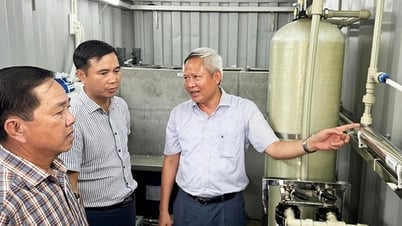


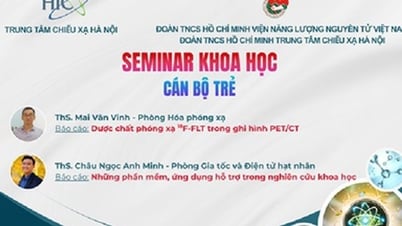
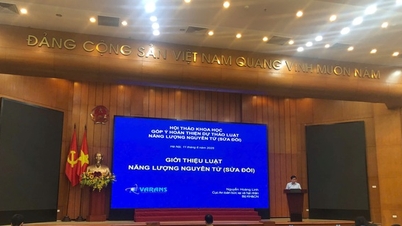
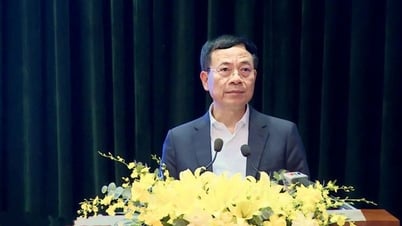





















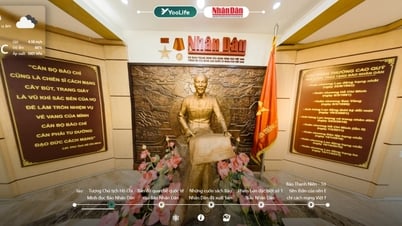








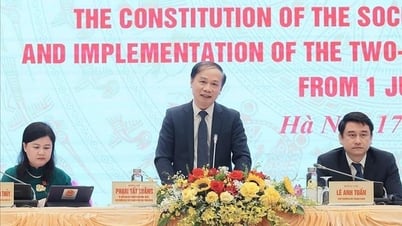





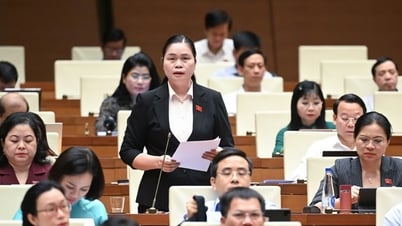








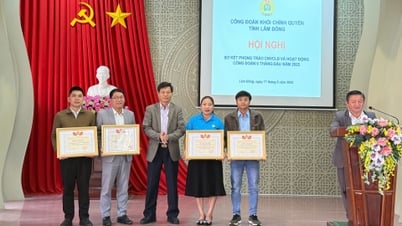

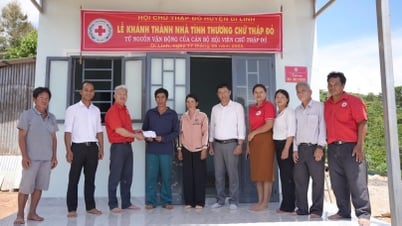
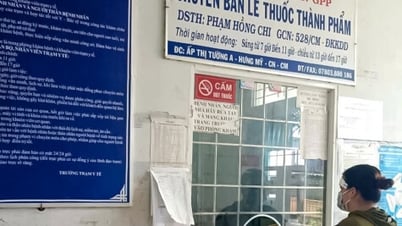

















Comment (0)